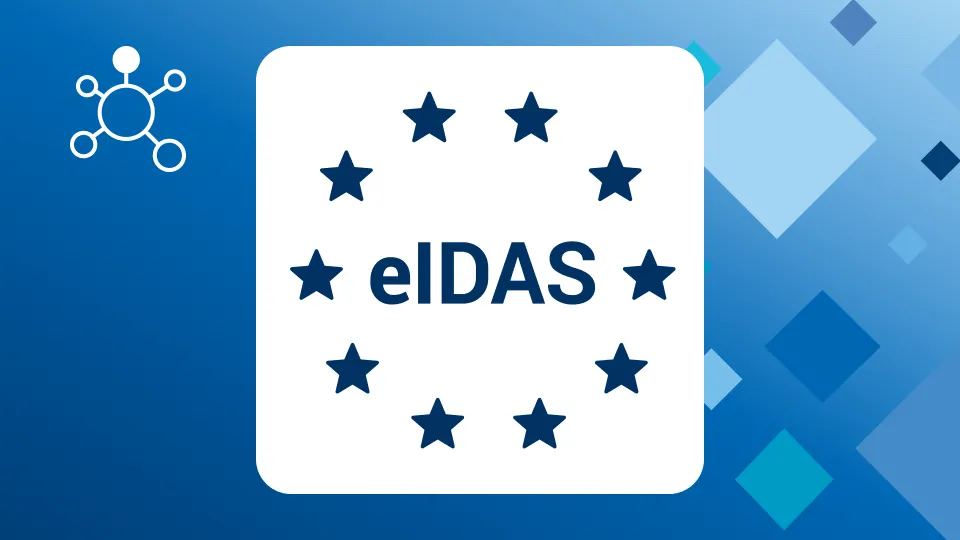Definition: A digital certificate is a file or electronic password that proves the authenticity of a device, server, or user through the use of cryptography and public key infrastructure (PKI).
Digital Certificate explained
The secure electronic transfer of information is required for a wide range of network activities and digital certificates can be seen as ‘electronic passwords’ that facilitate the verification of identities between users during these transactions. Digital certificates need to be issued by a trusted third party known as a Certificate Authority (CA) - the ‘issuer’. The CA provides third-party validation and therefore adds an additional layer of trust and security. When the certificate is digitally signed by the CA, the certificate can be used to establish the identity and secure encryption of the ‘subject’, which can be individuals, businesses and electronic assets such as servers or devices.
A digital certificate, also known as a public key infrastructure (PKI) certificate or an identity document, is used to prove the validity of a public key. Without certificates, someone could send data encrypted with the private key and decrypted with the public key, but there would be no assurance as to where the data originated from. It is in this instance as to why a certificate is so important - digital certificates include the public key being certified, identifying information about the entity that owns the public key (‘subject’), metadata relating to the digital certificate and a digital signature of the public key the certificate issuer created.
Source: worldbank.org
















